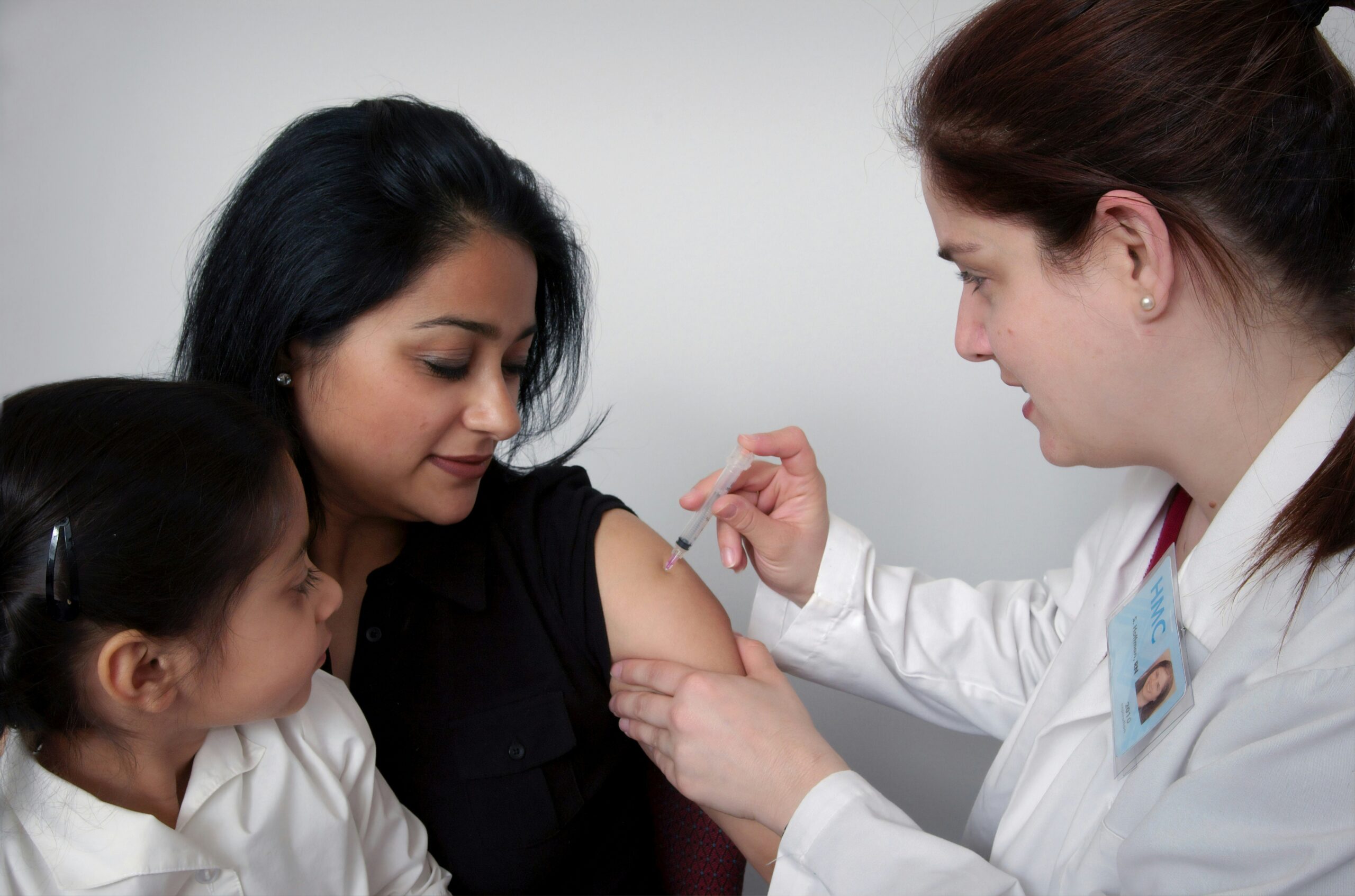These days, looking after health often takes a backseat to work, school, and digital distractions. Yet, establishing consistent family health routines can have a life-saving impact. These habits not only promote overall well-being but can also help detect serious illnesses like cancer and heart disease at early, more treatable stages. Here are several essential family health practices that could truly make a difference.
Annual Checkups and Screenings
One of the most effective preventive measures a family can take is scheduling regular checkups with healthcare providers. Annual physicals help detect potential issues before they become critical. For adults, this might include blood pressure checks, cholesterol testing, and cancer screenings. For children, regular well-child visits monitor development and administer necessary immunizations.
It is particularly important to be vigilant about skin checks. Skin cancer, including melanoma, is highly treatable when caught early. Encourage all family members to examine their skin monthly and report unusual moles or changes in pigmentation. Early detection significantly increases the effectiveness of cancer treatments for melanoma, which can be life-saving if started promptly.
Healthy Eating Habits
Nutrition plays a critical role in disease prevention. Families should strive to incorporate fruits, vegetables, whole grains, lean proteins, and healthy fats into their daily diets. Reducing processed foods, sugary beverages, and excessive sodium helps maintain a healthy weight and reduces the risk of diabetes, cardiovascular disease, and certain cancers.
Meal planning together as a family not only ensures better nutrition but also builds lifelong healthy habits in children. Even small adjustments, like swapping soda for water or choosing wholegrain bread, can have lasting impacts.
Staying Active Together
Exercise isn’t just for fitness. It directly affects mood, metabolism, and disease resistance. The CDC recommends at least 150 minutes of moderate aerobic activity per week for adults, and 60 minutes per day for children. Making physical activity a family affair, such as bike rides, evening walks, or dance parties in the living room, makes it easier to stay consistent.
Regular physical activity can improve sleep quality, reduce stress, and support immune function. All of these benefits contribute to a healthier, more resilient family.
Mental Health Awareness
Mental health is often overlooked in preventive care but is essential to overall wellness. Open communication, regular family time, and checking in emotionally with one another help build resilience and trust. Teaching children to express emotions and cope with stress prepares them for life’s challenges and reduces the risk of anxiety, depression, and related disorders.
Do not hesitate to seek professional support when needed. Early intervention in mental health struggles is just as vital as in physical health.
Emergency Preparedness
Every family should be prepared for health emergencies. Learn CPR, keep a well-stocked first aid kit, and create an emergency contact list. Knowing where the nearest urgent care center is or how to respond to allergic reactions, seizures, or injuries can make the difference between life and death.
Conclusion
Good health is a family affair. Implementing simple, consistent health routines such as regular checkups, nutritious meals, physical activity, mental health care, and emergency readiness can have a profound impact. These habits not only enhance daily life but can also lead to the early detection of life-threatening conditions.

